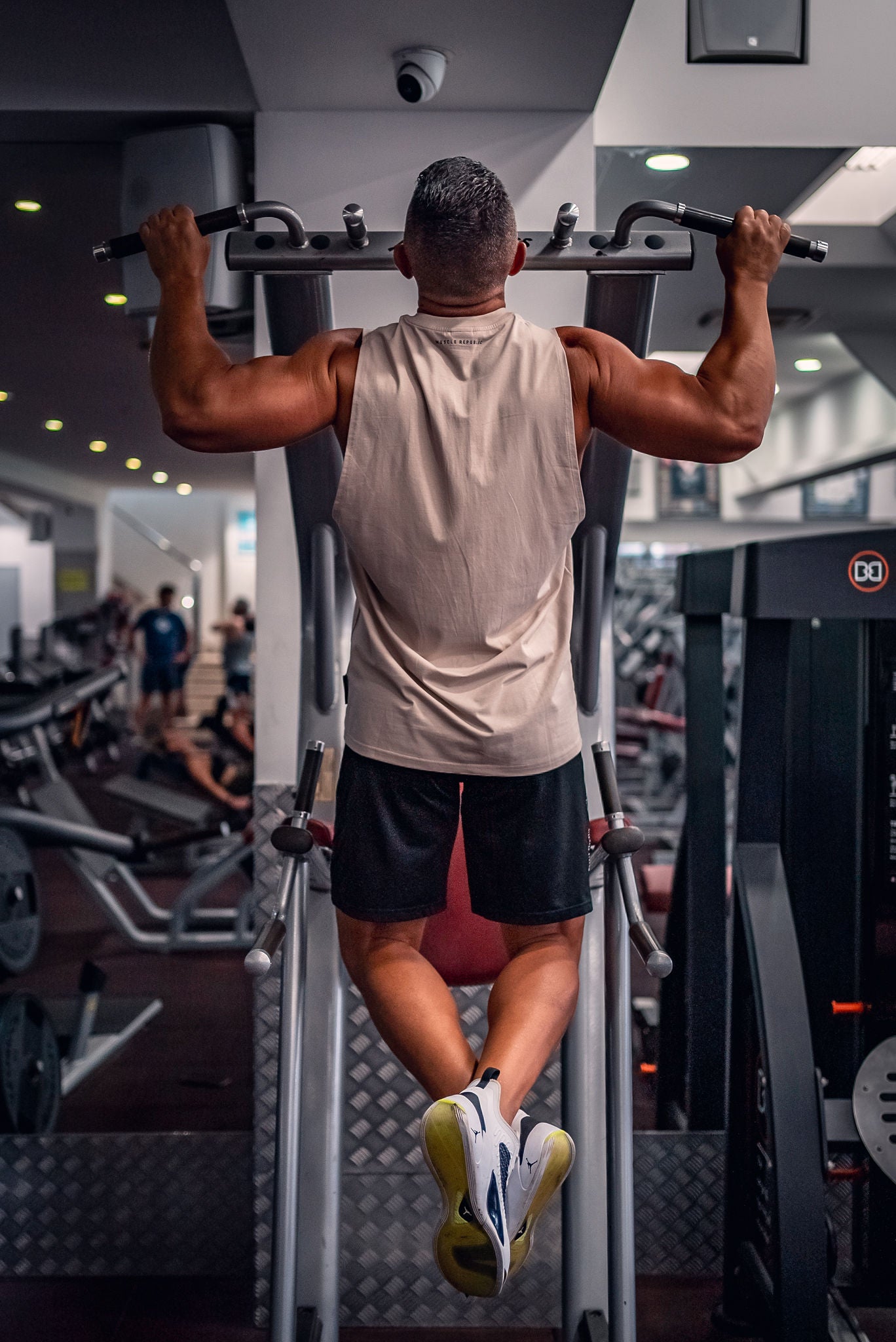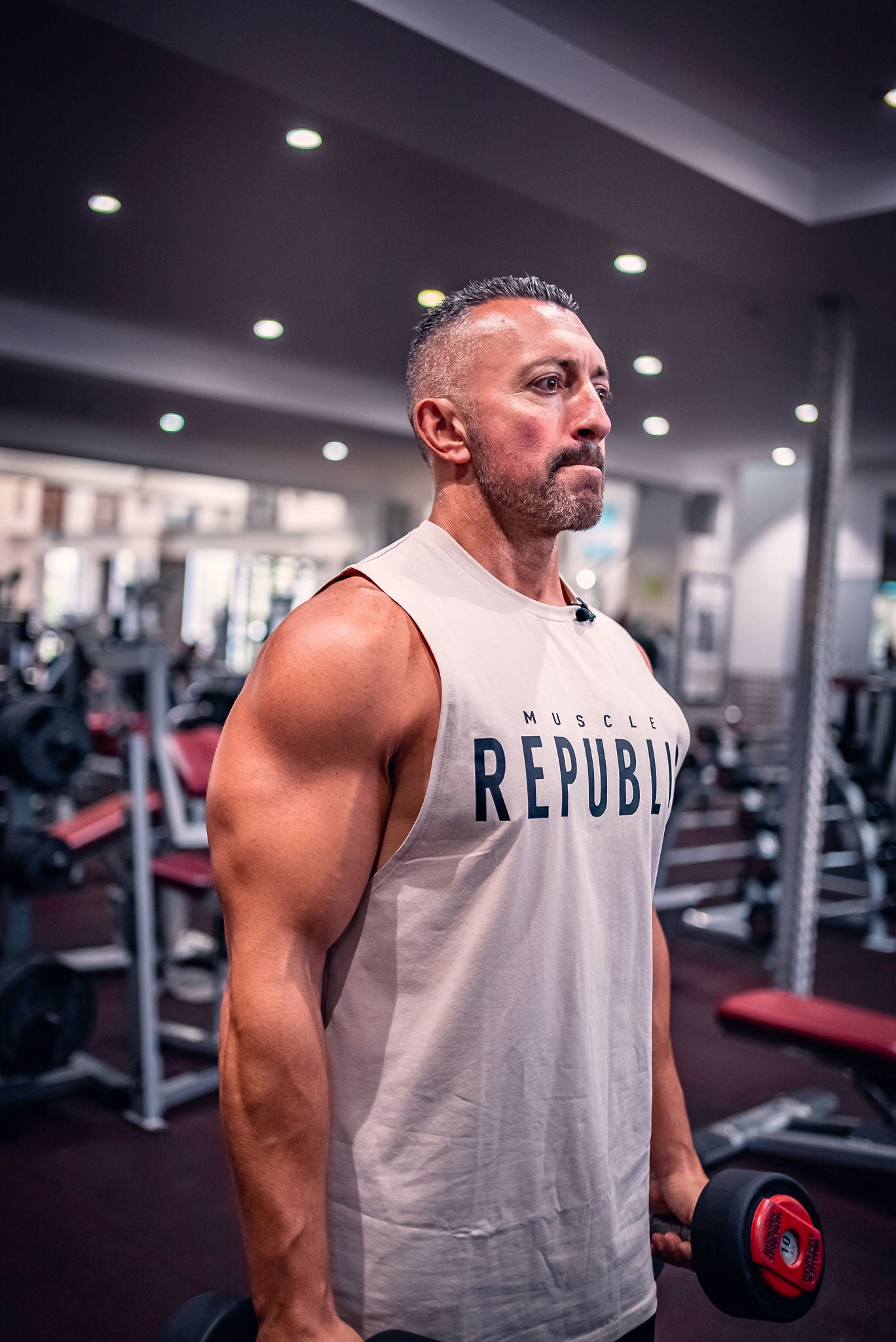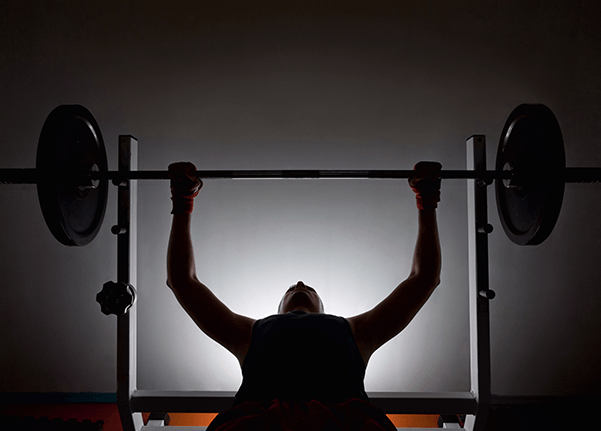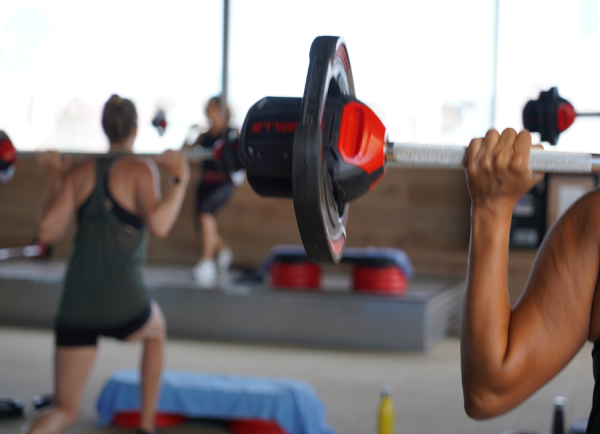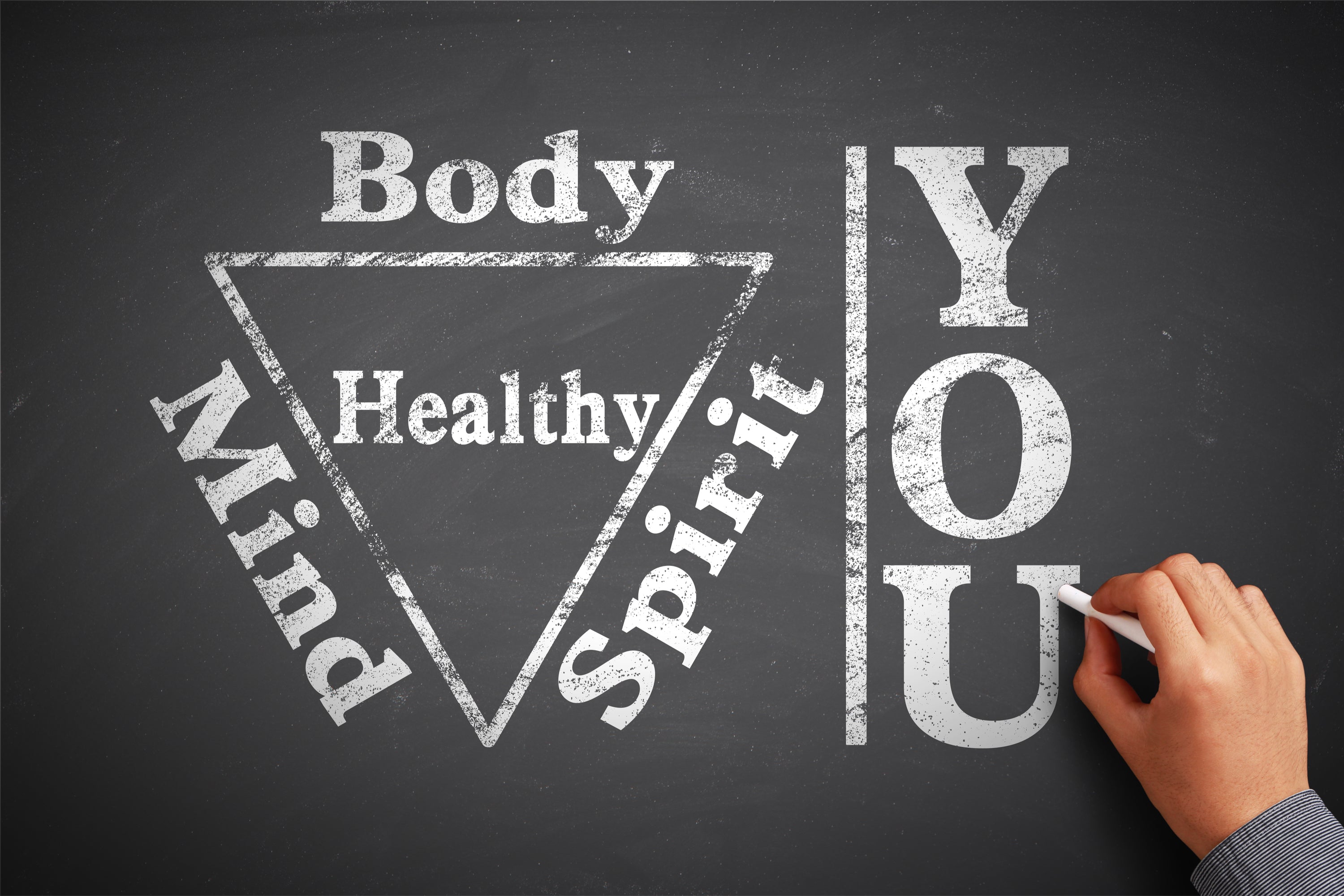
Read this article for a stronger mind and body!
I got the opportunity to sit down with Strength Specialist, Sean McInroy to contemplate the inextricable link between physical and mental strength and how focusing on strength sets the foundation for achieving any fitness goal.
When it comes to fitness, it’s tempting to perceive humans as machines capable of executing a goal if physically strong enough to do so. However, when you’re deep in a squat with 100 kilograms pressing down on your back, legs burning, what makes you drive back up? When you’re grappling with the final kilometre of a marathon, lungs grasping for air, what makes you persist to the finish line?
Mental strength.
Sean is a phenomenal trainer who takes the confusion and guess work out of training by stressing the importance of choosing foundational movement patterns which reap maximal results. Following are a few snippets from our conversation.
You have a fancy title, what exactly does a strength specialist do?
“It’s a self-appointed title. There is nothing that separates a trainer that is fresh out of the academy to someone like myself who has been Personal Training for much longer. I chose this name as a way to expand my training approach to cover the general population as well as those who want specialised strength coaching. I specialise in strength, but I will help you achieve any goal whether it is to run faster, jump higher, loose body fat, gain muscle mass, or all of the above.”
“Focusing on strength sets the platform for all fitness goals to be achieved.”
The term ‘strength’ gets thrown around quite a lot. What does being strong mean to you?
“Strength is a very ambiguous word. It’s relative to what you’re referring to. The way that physical strength relates to mental strength is so obvious. Mental barriers control physical barriers. If you think you can’t do something, you probably can’t do it. My role as a coach is to help guide you to achieving so much more than you ever thought you could.”
“To sum it up, strength is the ability to overcome.”
What are the biggest mental barriers your clients face when learning a new movement or aiming to hit a PB and how do you help them to overcome this?
“I help to remove those internal red flags that tell someone ‘careful, this might hurt’. I achieve this by teaching my clients correct movement techniques and reassuring them that their form is good. If you’re new to training, I will give you anywhere between 10-15 reps on any exercise. This repetition range teaches you what it feels like to reach failure, both physically and mentally. It helps to create the psychological attachment between muscle fatigue and hypertrophy. If you’re attempting a PB, you’re pushing yourself to a point where your body cannot perform any more repetitions, meaning that you’re teetering the line of hurting yourself.”
“I’m there to help instil confidence that you will perform.”
What Impact does strength training have on an individual beyond the physical benefits?
“When someone approaches me with the goal of changing their physical appearance, I begin by asking them why they want to change. It’s typically because they have a negative psychological attachment to the way they look. They believe that if they look a particular way, they will feel better about themselves. I aim to help address the root cause of why someone wants to achieve this goal.
“If we help to shift a person’s belief that their self-worth will be higher if they meet their physical goal, we can increase their self-esteem without actually getting them to that somewhat unattainable ideal.”
Looking like that Instagram model is, for most, a genetic impossibility, not to mention the time commitment to dedicate to that sort of training. You have to be real at the end of the day.
“I can have a greater impact on someone’s mental self in the hour that we spend together than their physical self.”
That’s what I enjoy. I love taking someone that is unsure of themselves and switching that around and making them feel confident. Strength training plays a fundamental role in this. Each session my clients work towards reaching goals they never thought possible, whether it is to deadlift a particular weight or to perform a barbell squat.”
What is your biggest pet peeve in the gym?
“My biggest pet peeve would have to be ego lifting. I used to do it myself. It is born out of ignorance because again we don’t know any better. We constantly get bombarded with media outlets where the emphasis on precise movement isn’t really there. This breeds bad habits. My role as a coach is to educate people. Education is the key to anything you’re trying to achieve. You’re not going to get the greatest level of physical achievement when it comes to lifting weights if you don’t have the education behind you or at least the trainer with the education behind them to assist you in achieving your goal.”
If you enjoyed this article, please subscribe to our emailing list to receive more inspirational and educational content. Also, if you haven’t already, please follow us on Instagram, Facebook and YouTube.
When it comes to fitness, it’s tempting to perceive humans as machines capable of executing a goal if physically strong enough to do so. However, when you’re deep in a squat with 100 kilograms pressing down on your back, legs burning, what makes you drive back up? When you’re grappling with the final kilometre of a marathon, lungs grasping for air, what makes you persist to the finish line?
Mental strength.
Sean is a phenomenal trainer who takes the confusion and guess work out of training by stressing the importance of choosing foundational movement patterns which reap maximal results. Following are a few snippets from our conversation.
You have a fancy title, what exactly does a strength specialist do?
“It’s a self-appointed title. There is nothing that separates a trainer that is fresh out of the academy to someone like myself who has been Personal Training for much longer. I chose this name as a way to expand my training approach to cover the general population as well as those who want specialised strength coaching. I specialise in strength, but I will help you achieve any goal whether it is to run faster, jump higher, loose body fat, gain muscle mass, or all of the above.”
“Focusing on strength sets the platform for all fitness goals to be achieved.”
The term ‘strength’ gets thrown around quite a lot. What does being strong mean to you?
“Strength is a very ambiguous word. It’s relative to what you’re referring to. The way that physical strength relates to mental strength is so obvious. Mental barriers control physical barriers. If you think you can’t do something, you probably can’t do it. My role as a coach is to help guide you to achieving so much more than you ever thought you could.”
“To sum it up, strength is the ability to overcome.”
What are the biggest mental barriers your clients face when learning a new movement or aiming to hit a PB and how do you help them to overcome this?
“I help to remove those internal red flags that tell someone ‘careful, this might hurt’. I achieve this by teaching my clients correct movement techniques and reassuring them that their form is good. If you’re new to training, I will give you anywhere between 10-15 reps on any exercise. This repetition range teaches you what it feels like to reach failure, both physically and mentally. It helps to create the psychological attachment between muscle fatigue and hypertrophy. If you’re attempting a PB, you’re pushing yourself to a point where your body cannot perform any more repetitions, meaning that you’re teetering the line of hurting yourself.”
“I’m there to help instil confidence that you will perform.”
What Impact does strength training have on an individual beyond the physical benefits?
“When someone approaches me with the goal of changing their physical appearance, I begin by asking them why they want to change. It’s typically because they have a negative psychological attachment to the way they look. They believe that if they look a particular way, they will feel better about themselves. I aim to help address the root cause of why someone wants to achieve this goal.
“If we help to shift a person’s belief that their self-worth will be higher if they meet their physical goal, we can increase their self-esteem without actually getting them to that somewhat unattainable ideal.”
Looking like that Instagram model is, for most, a genetic impossibility, not to mention the time commitment to dedicate to that sort of training. You have to be real at the end of the day.
“I can have a greater impact on someone’s mental self in the hour that we spend together than their physical self.”
That’s what I enjoy. I love taking someone that is unsure of themselves and switching that around and making them feel confident. Strength training plays a fundamental role in this. Each session my clients work towards reaching goals they never thought possible, whether it is to deadlift a particular weight or to perform a barbell squat.”
What is your biggest pet peeve in the gym?
“My biggest pet peeve would have to be ego lifting. I used to do it myself. It is born out of ignorance because again we don’t know any better. We constantly get bombarded with media outlets where the emphasis on precise movement isn’t really there. This breeds bad habits. My role as a coach is to educate people. Education is the key to anything you’re trying to achieve. You’re not going to get the greatest level of physical achievement when it comes to lifting weights if you don’t have the education behind you or at least the trainer with the education behind them to assist you in achieving your goal.”
If you enjoyed this article, please subscribe to our emailing list to receive more inspirational and educational content. Also, if you haven’t already, please follow us on Instagram, Facebook and YouTube.
Tags:
Previous post
Smash your fitness goals using these 5 simple steps
Next post

